A person applying to enter the monastery is someone who is single (if divorced, a certificate of annulment is needed). A person needs to be free of any diagnosed chronic physical or mental illness.
During the week, the daily schedule looks like this:
- 6:00 a.m. Vigils
- 6:30 a.m. Lectio divina
- 7:00 a.m. Lauds
- 7:30 a.m. Breakfast
- 8:00 a.m. Assigned work or study
- 11:15 a.m. Mass (11am on Sundays)
- 12:10 p.m. Lunch
- 1:00 p.m. Assigned work or study (optional siesta)
- 5:30 p.m. Vespers (an afternoon period of lectio divina is expected)
- 6:10 p.m. Supper
- 6:30 p.m. Recreation (except on Fridays and Wednesdays and Fridays during Lent)
- 7:15 p.m. Compline
Yes. We monks at St. Joseph Abbey receive two weeks of vacation time each year (novices do not). This time is meant to visit family and friends. Monks come and go for various kinds of business. Some spend extended time away at school. Some are stationed outside the monastery for various assignments. A number of monks give retreats and talks away from the monastery. The novices and junior monks sometimes have “formation outings” which may include excursions to New Orleans or other nearby notable sites. Novices typically do not leave the monastery for any other reason.
Yes. We here at St. Joseph Abbey welcome family and friends for visits and value the opportunity of getting to know the family and friends of our confreres. It is important, however, that a process of detachment from family and friends and the world in general takes place so that the monk can give himself unreservedly to his new life in the monastic community. The novitiate is particularly structured to facilitate just this. Nevertheless, monks here are not completely severed from the world. We seek, rather, to maintain a healthy distance from the world so that the integrity of our lives as monks can be respected and fostered, all the while seeking ways to relate in life-giving ways to it.
Yes. A healthy balance between solitude and community is created here at St. Joseph Abbey to allow for the individual monk to foster a rich personal prayer life that is supported in a communal context. Personal time is also available for the pursuit of individual hobbies that monks may have.
Prayer is the core of monastic life, which is organized so that five times a day we gather to pray in church. Both in the morning and afternoon, monks here are expected to practice periods of lectio divina, which is a way of praying the Scriptures. Except in designated areas of the monastery, a prayerful quiet pervades the monastery. Each monk's room, or cell as we sometimes call it, is also a personal sacred space where he can pray and study.
Whether ordained or not, we are all monks, and that is the primary vocation for everyone in the monastery at Saint Joseph Abbey. Some monks have been ordained priests to help with the pastoral and sacramental ministry of the Church. Others are not ordained but still play a vital role in the life of the community.
Some of the monks do work in the seminary college, our oldest ministry. But the opportunities for other ministries are numerous: parish priest, monastery administration, woodworking, baking bread, running a retreat center, making soap, working in the gift shop, to name only a few. All talents, skills, and interests are welcome and can be used.
After several visits and a formal application process, a candidate enters the monastery and becomes a postulant for a period of time which varies depending on the person. During that time, they live in the monastery and obtain more experience of our way of life before becoming a novice. After that, a person begins the novitiate, which lasts a year and a day. A novice takes classes nearly every day (which include topics such as: monastic history; the Rule of St. Benedict; monastic spirituality; the psalms, etc.) and focuses intensely on coming to a greater understanding of what it means to be a monk. At the end of that year, the novice becomes a junior monk by making vows for three years (vows of obedience, stability, and fidelity to the monastic way of life). Although a person may extend the time of temporary vows, junior monks often make solemn vows at the end of three years and so become full members of the community.
Benedictines take vows of obedience, stability, and fidelity to the monastic way of life. By obedience, a monk vows to follow the call of Christ, particularly through the abbot, to serve him by serving the common good of the community. By stability, a monk binds himself to a specific monastery. This vow allows the monk to free himself of distractions, detach himself from the frenetic culture that characterizes the world and pursue God with purity of heart. The vow of fidelity to the monastic way of life is a promise to grow in holiness as a monk. Part of becoming a monk means giving up the right to own property. As monks, we hold everything in common. If we need something, we ask the superior for it. The monastic life is also a call to celibate chastity. This is one way in which monks witness to the spiritual values that transcend the passing world that we live in. Celibate chastity for the monk is not an evasion from intimacy but a choice to live in deep intimacy with God and with others in the community.
Determining if you are called to this life is the purpose of the first year and a half. Should you determine that monastic life is not your calling, you are free to leave. After one makes vows, however, a dispensation is needed in order to leave.

